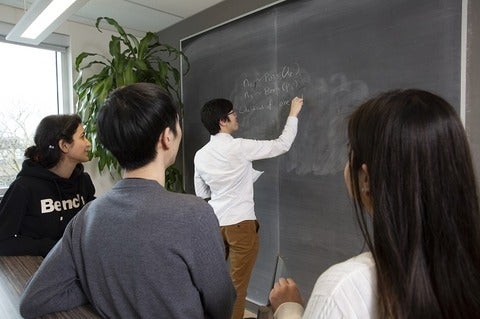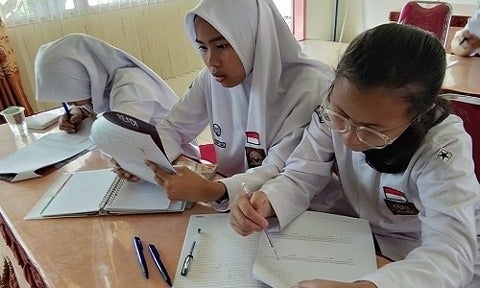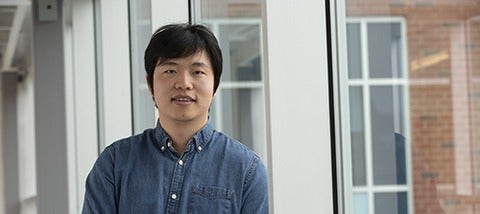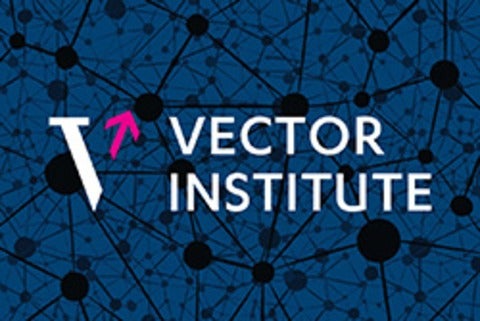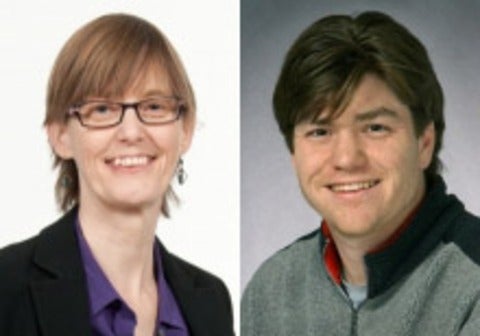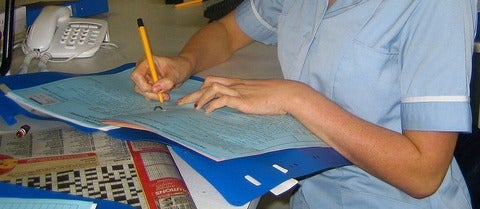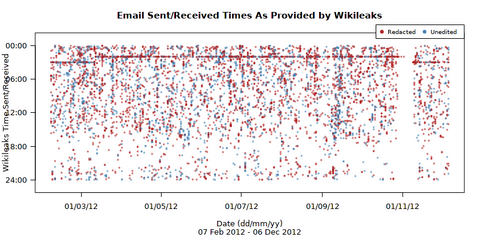Yilin Chen wins 2020 Huawei Prize for Best Research Paper
Statistics and Actuarial Science PhD candidate Yilin Chen is one of two students to claim the 2020 Huawei Prize for Best Research paper by a Mathematics Graduate Student. The $4,000 prize affirms the value of Chen’s efforts to establish a framework for analyzing nonprobability survey samples in her winning paper: Doubly Robust Interference with Nonprobability Survey Samples.
